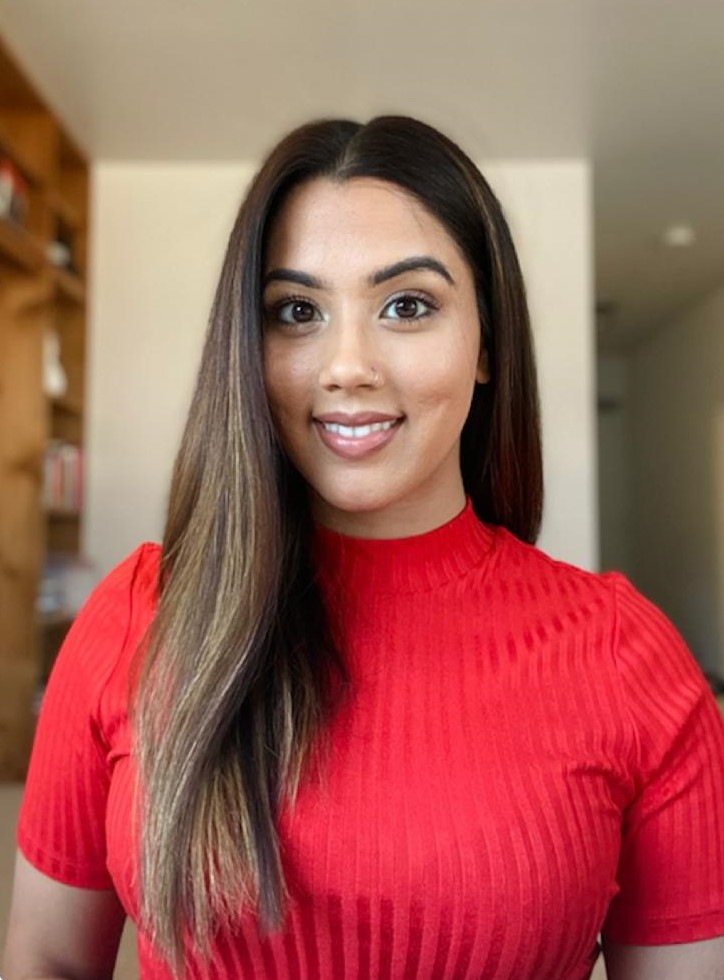
How to write a CV/Resume for your residency application?
The CV/Resume is an important part of any application, including for clinical experience. Many program directors will look at the applicants’ CV, deciding whether the candidate is fit for the program or not. Hence CV should provide your experience, qualifications, and achievements and it should highlight your strengths to gather enough information for an interview.
An effective CV should be well planned and crafted nicely with all the useful information in a well-organized way. The information should be clear, precise, and relevant. Typically, CVs are 1-2 pages but there is no specific number. The last part is very important for your CV is to review and proofread your CV thoroughly before hitting enter, to make sure you haven’t made any mistakes.
The CV/Resume should follow the following format: –
- Contact Information
- Personal Data
- Educational Background
- Clinical Experience
- Certifications
- References
Contact Information
Your contact details should be written first on the top of the first page. It should contain your full legal name, age, address, telephone number, and email.
Personal Data
As CV is a professional document, it’s totally up to you to mention your marital status, as some institutions expect this information.
Educational Background
As a medical profession, you will have to provide your specific education and training. You will have to mention all your education degrees, starting with the latest one and any additional degrees you have earned.
Here you can also include all your honors, awards, and achievements.
Clinical Experience
This is the most important part of your resume. Start by mentioning your recent experience. Also state the type of clinical or rotation you did, by mentioning the dates and locations. It is important for you to mention the names of the supervisor or manager under which you must have performed the work.
Don’t forget to mention your experience place – like it was in hospital, doctor’s office, or clinic, and the field you performed your work. Remember you need to provide as many details as possible you can about your experience. Keep it simple so the employers can easily understand about your clinical background and the experience you have.
Certifications
This section should cover all your certificate listings you hold. It’s a good strategy to list your most prestigious certificate first and don’t include the certifications which are expired.
Finally, your CV/Resume should end with the reference. You should mention all the important details about the references and if you don’t want to show you can state as follows “ References available on request” , as your letter of recommendation will include all this information.
Your CV is your first impression. It is a direct replica of who you are professionally. Consistency and relevancy of information throughout the CV are very important.
Hence keep these points in mind while writing your CV.
* Have you already completed your CV. Then email us and apply for rotations.
Need help regarding the same?
We are offering a special service best known as “Moments with Dr. Monica”, a month-long coaching subscription where International Doctors and Medical Students can email Dr. Monica Khokar who is an IMG herself, and ask her questions about Residency, Personal Statements, USCE, Steps 1,2 and 3.
Dr. Monica will be your personal confidant, your person of inspiration that is here to guide and help with not only questions about matching but also the person that will cheer you on along this journey of a lifetime.

